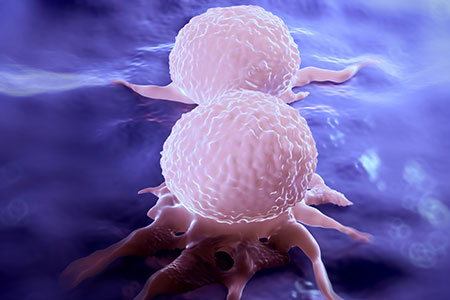 Breast cancer xenograft models are often treated with supplemental estrogen, but this can induce a range of adverse effects on immunodeficient mouse models including impaired urinary tract function and skin problems. Failure to control for these strain-dependent effects can seriously impact the reproducibility of preclinical research — or lead to early termination of your experiment due to their severity.
Breast cancer xenograft models are often treated with supplemental estrogen, but this can induce a range of adverse effects on immunodeficient mouse models including impaired urinary tract function and skin problems. Failure to control for these strain-dependent effects can seriously impact the reproducibility of preclinical research — or lead to early termination of your experiment due to their severity. In a recent webinar, Pharmatest — a contract research organization (CRO) with a global customer base specializing in preclinical efficacy in the areas of oncology and skeletal diseases — reported that super immunodeficient NOG mice exhibit no estrogen-related side effects, while more than 60% of nude mice exhibited adverse effects including bladder stones, rash, wounds, and skin irritations. Half of the experimental cohort of nude mice had to be sacrificed prior to planned completion of the experiment because of estrogen-related adverse affects.
On-Demand Webinar: Breast Cancer Xenograft Models
In this webinar, Pharmatest explored the impacts of external estrogen supplementation on various strains of mice used in preclinical breast cancer xenograft research.Topics included:
- Why external estrogen supplements are necessary in breast cancer models
- What kinds of adverse, estrogen-related effects are observed in mouse models
- How to protect your research from strain-dependent variations in these effects
- Take advantage of our Smart Select Program. Smart Select is a complimentary animal model trial program allowing you to trial up to 20 animals in your facility at no cost to your organization. Learn more today.






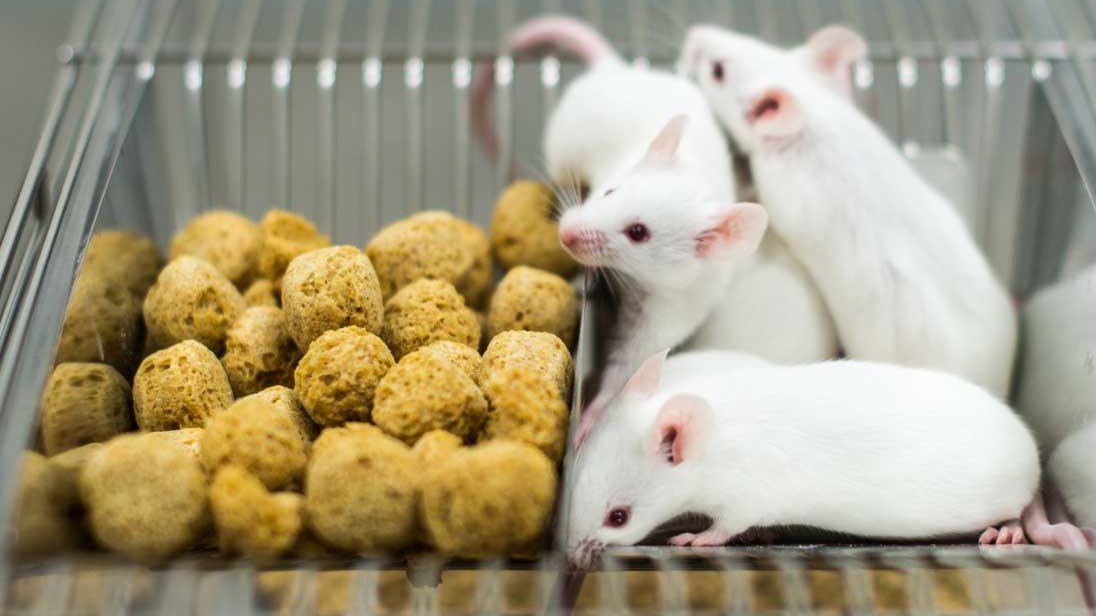
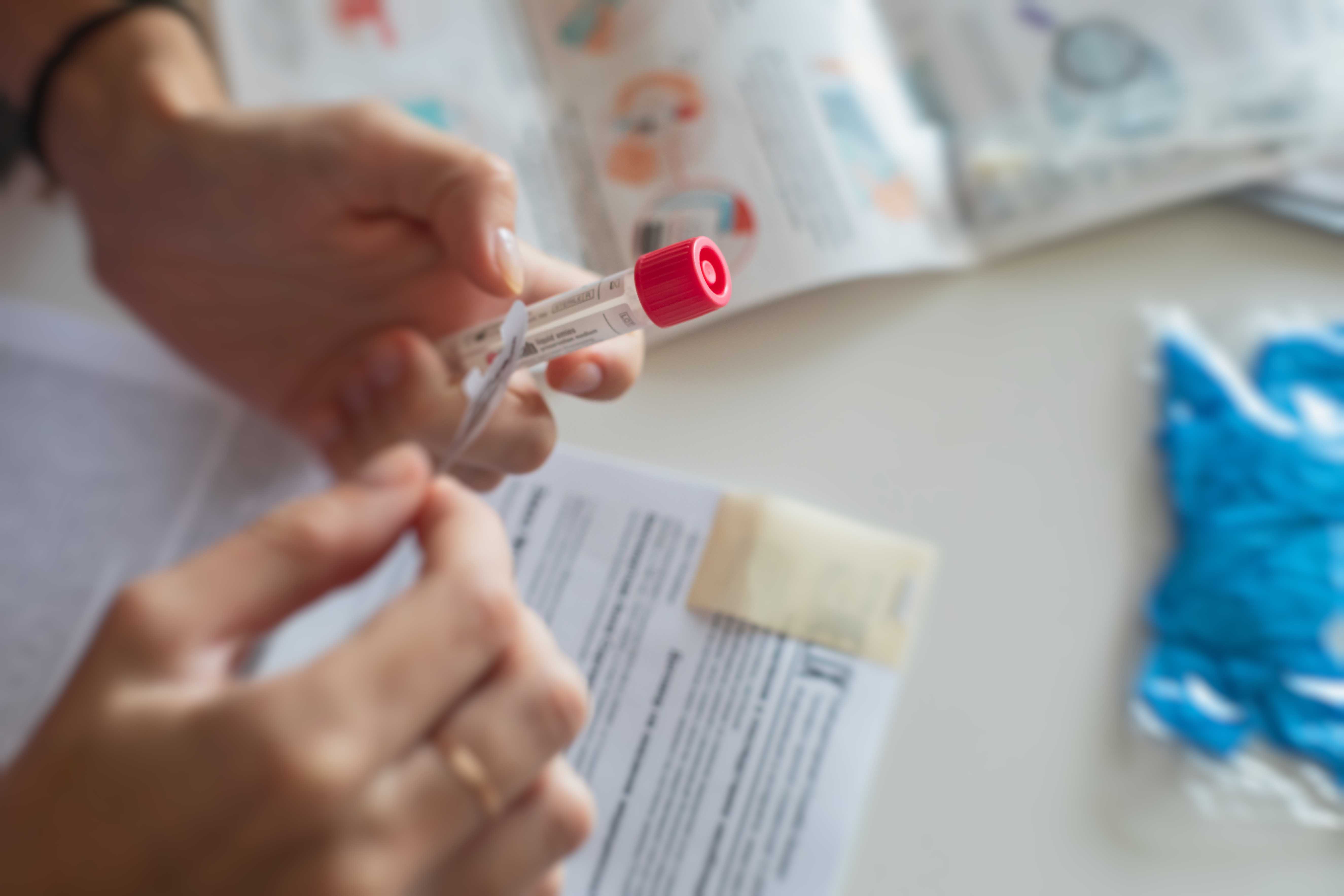







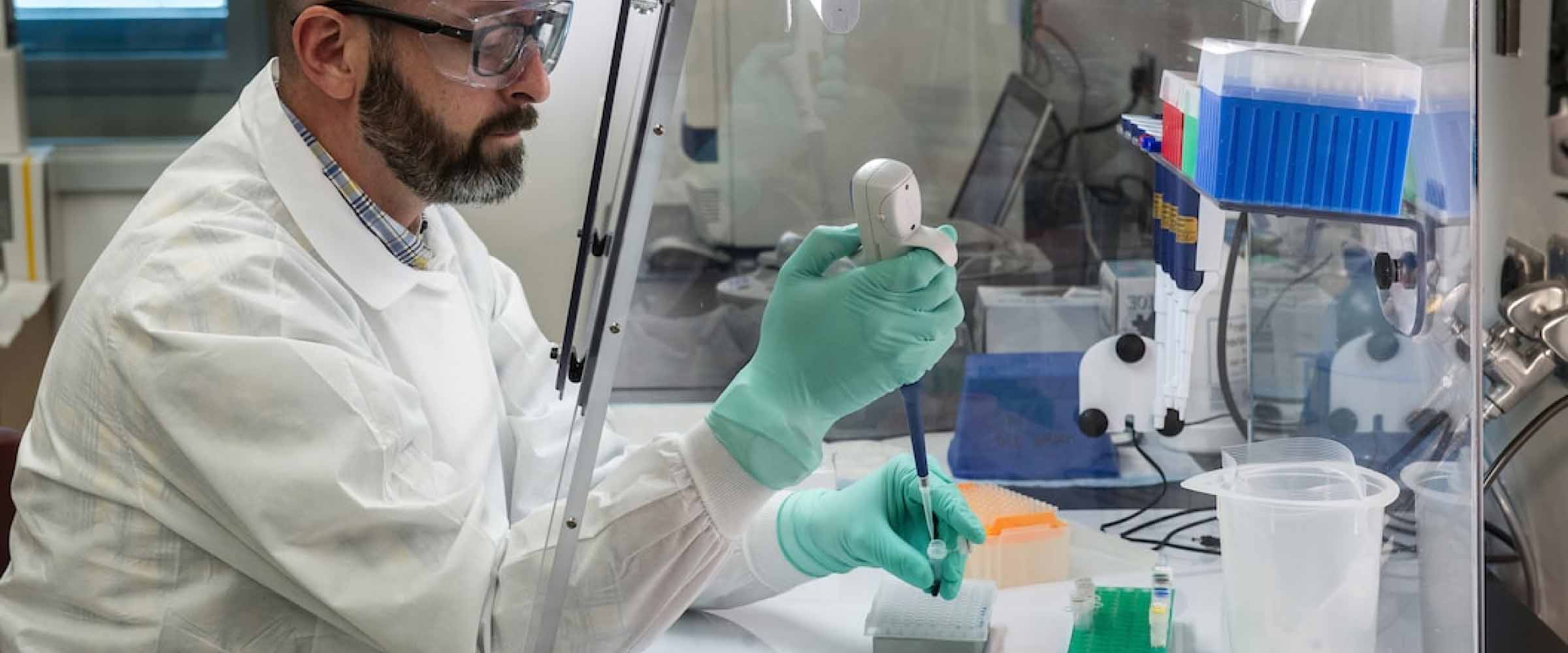
.jpg)

.jpg)
.jpg)
.jpg)
.jpg)
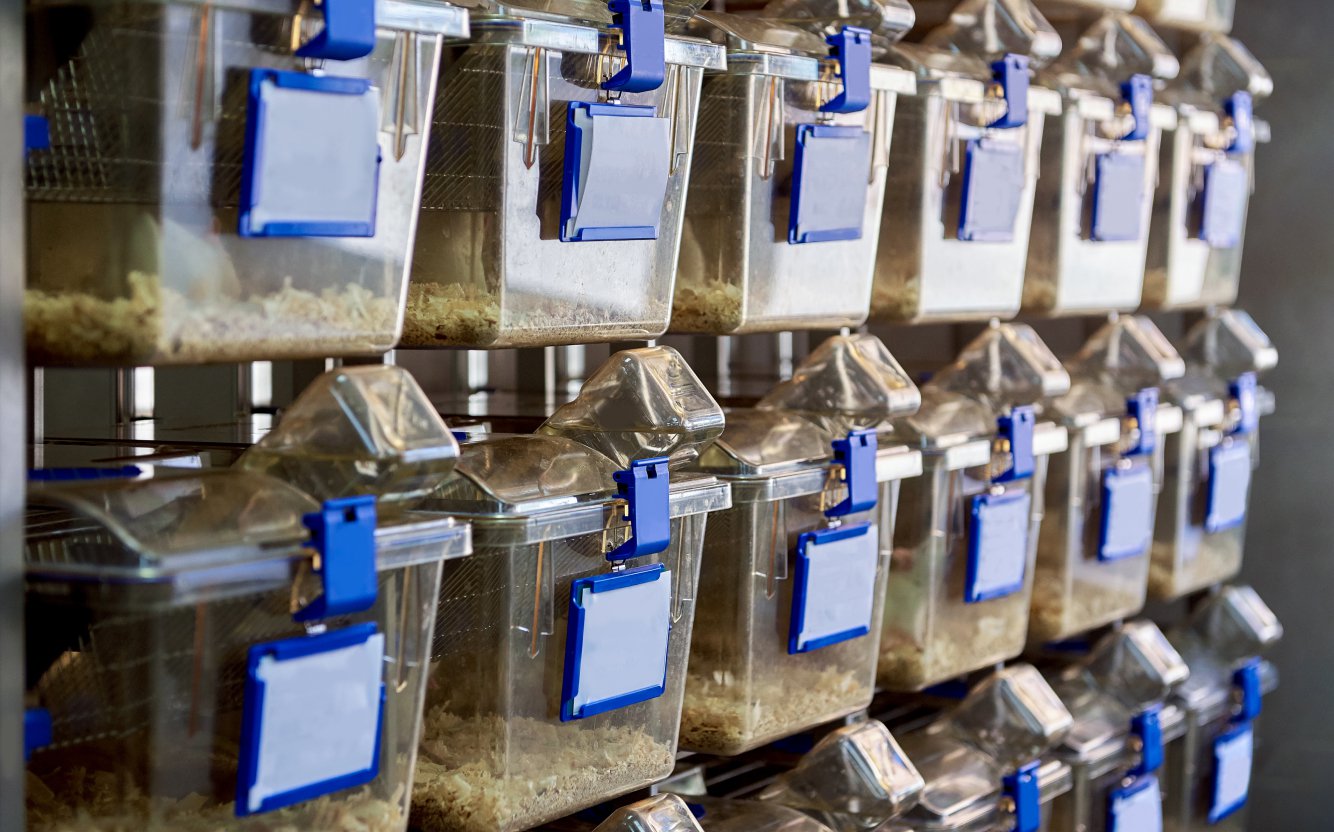
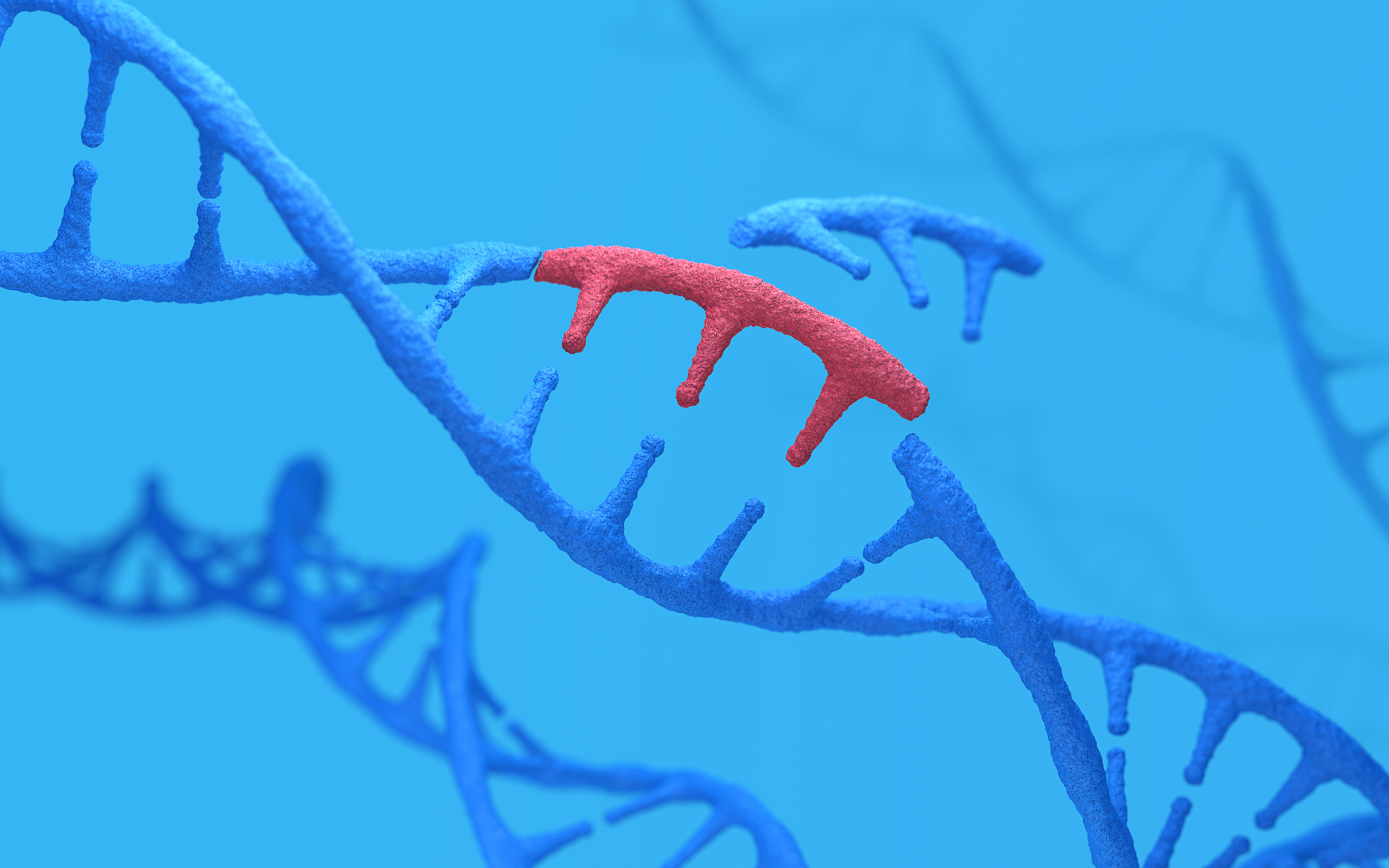
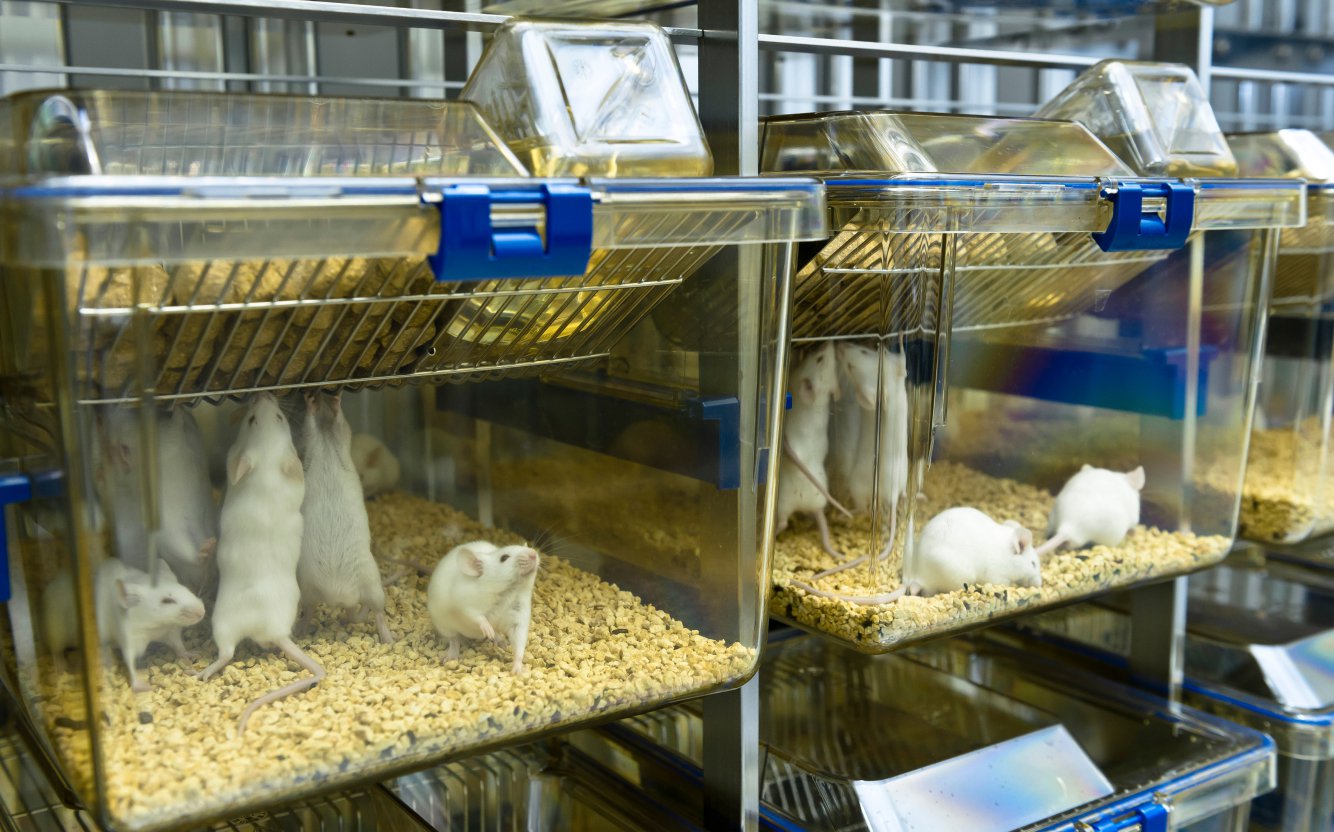


.jpg)

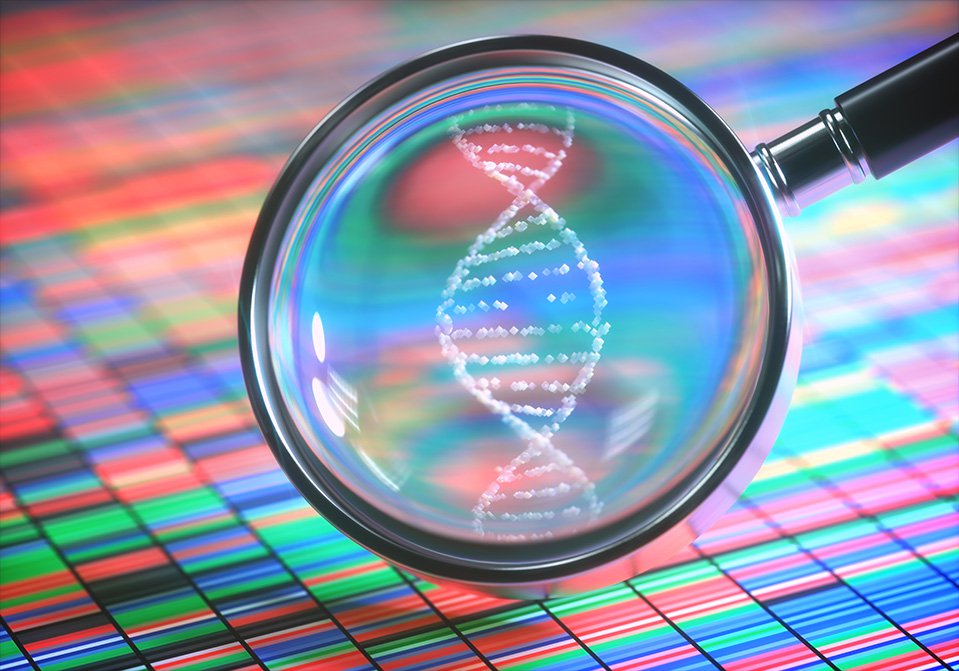
.jpg)
.jpg)

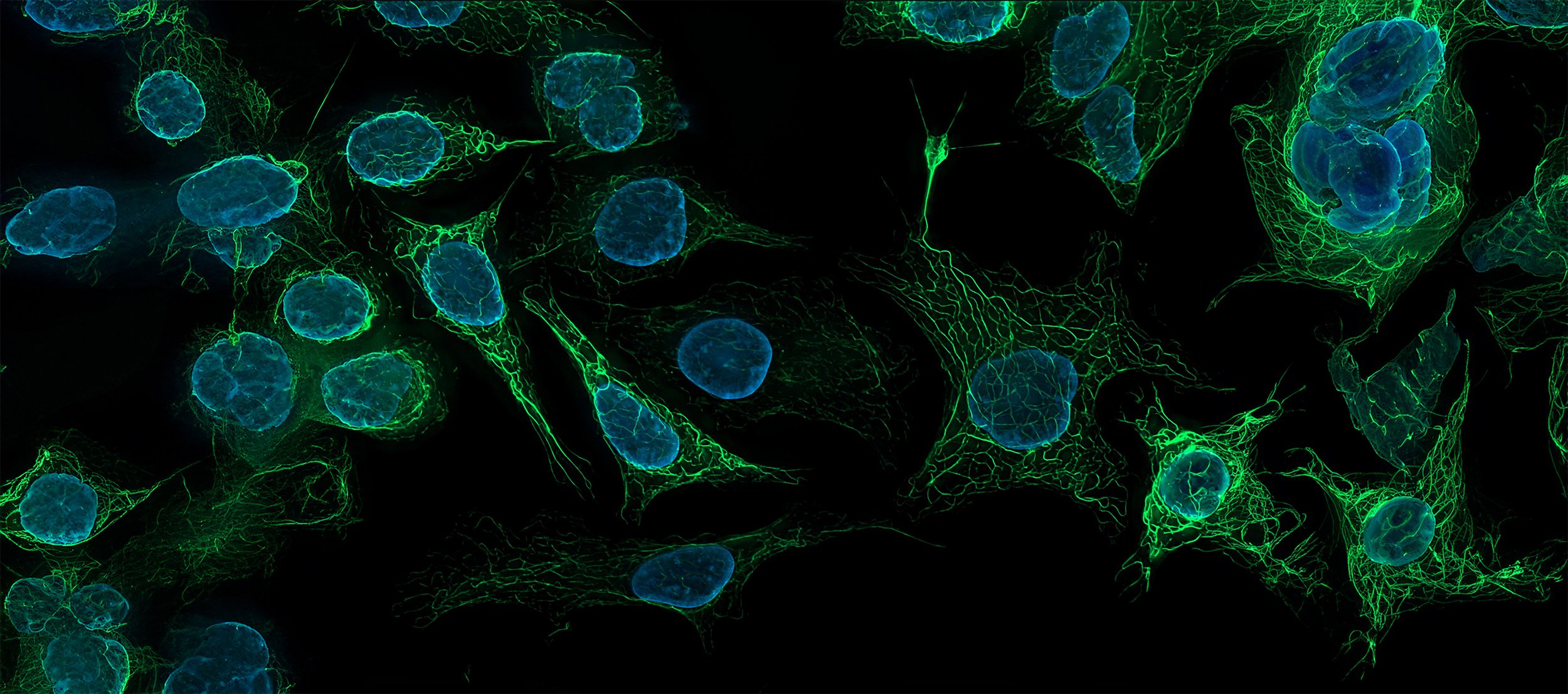
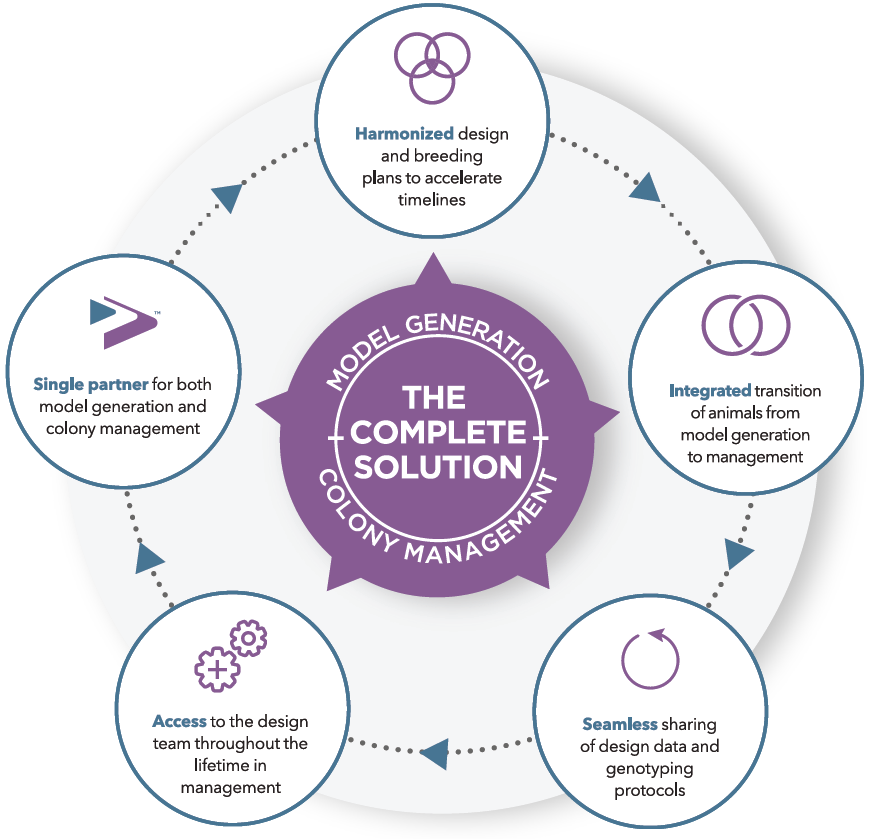
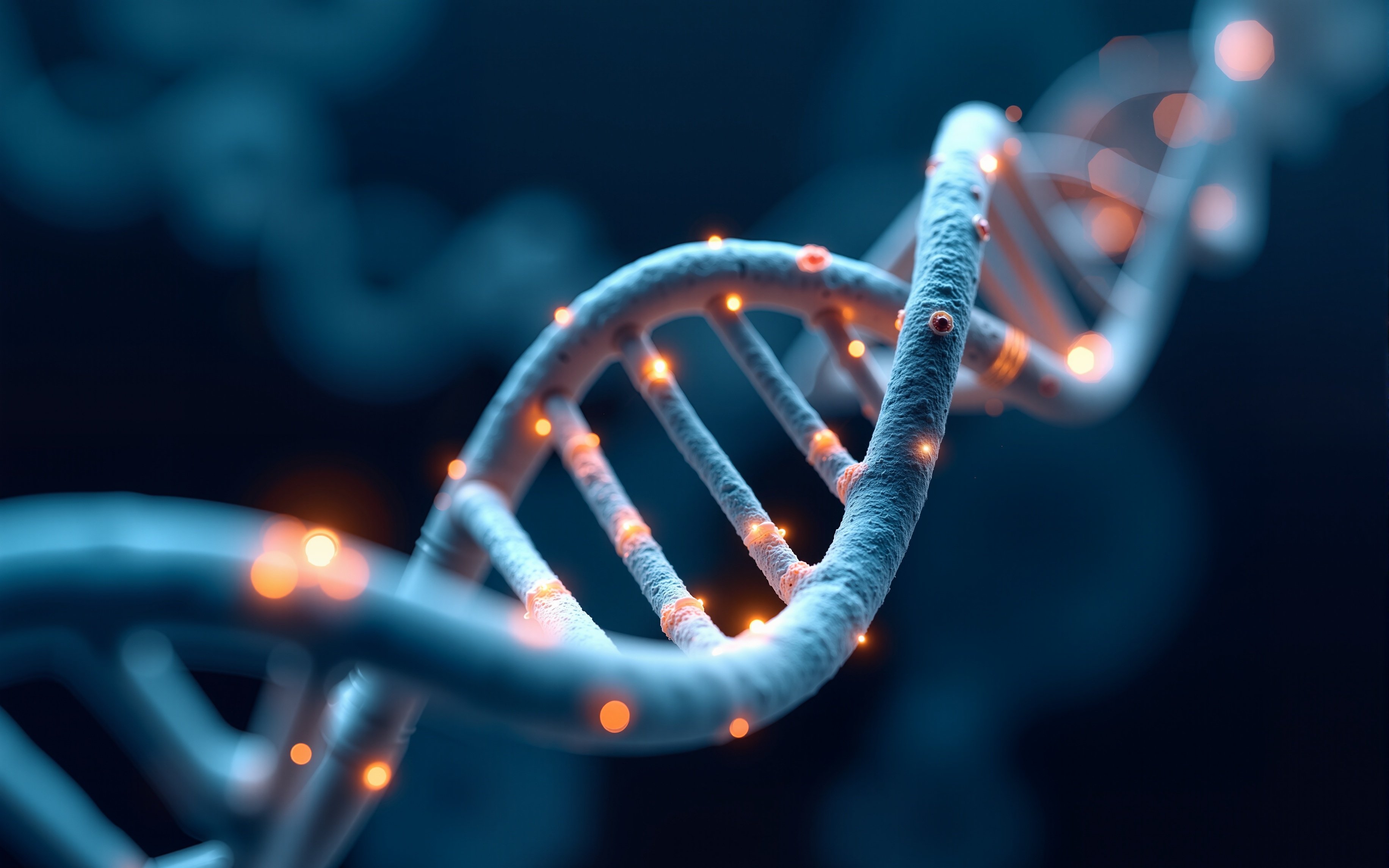
.jpg)
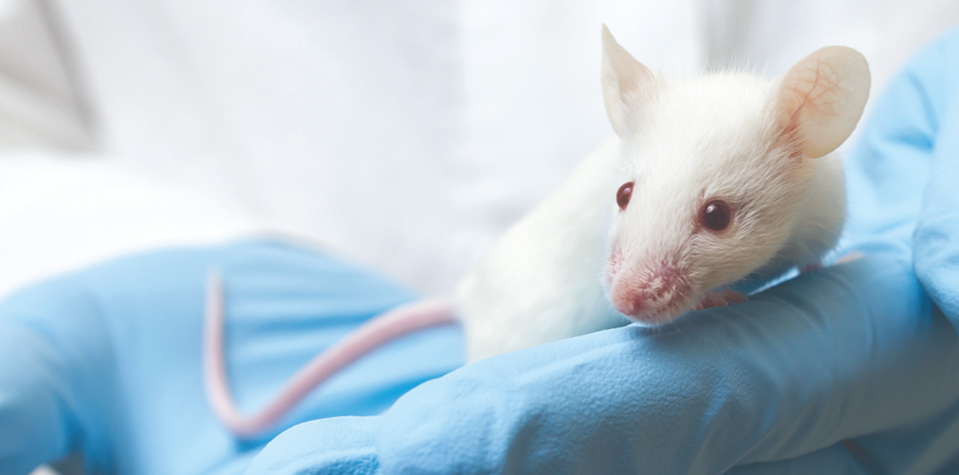

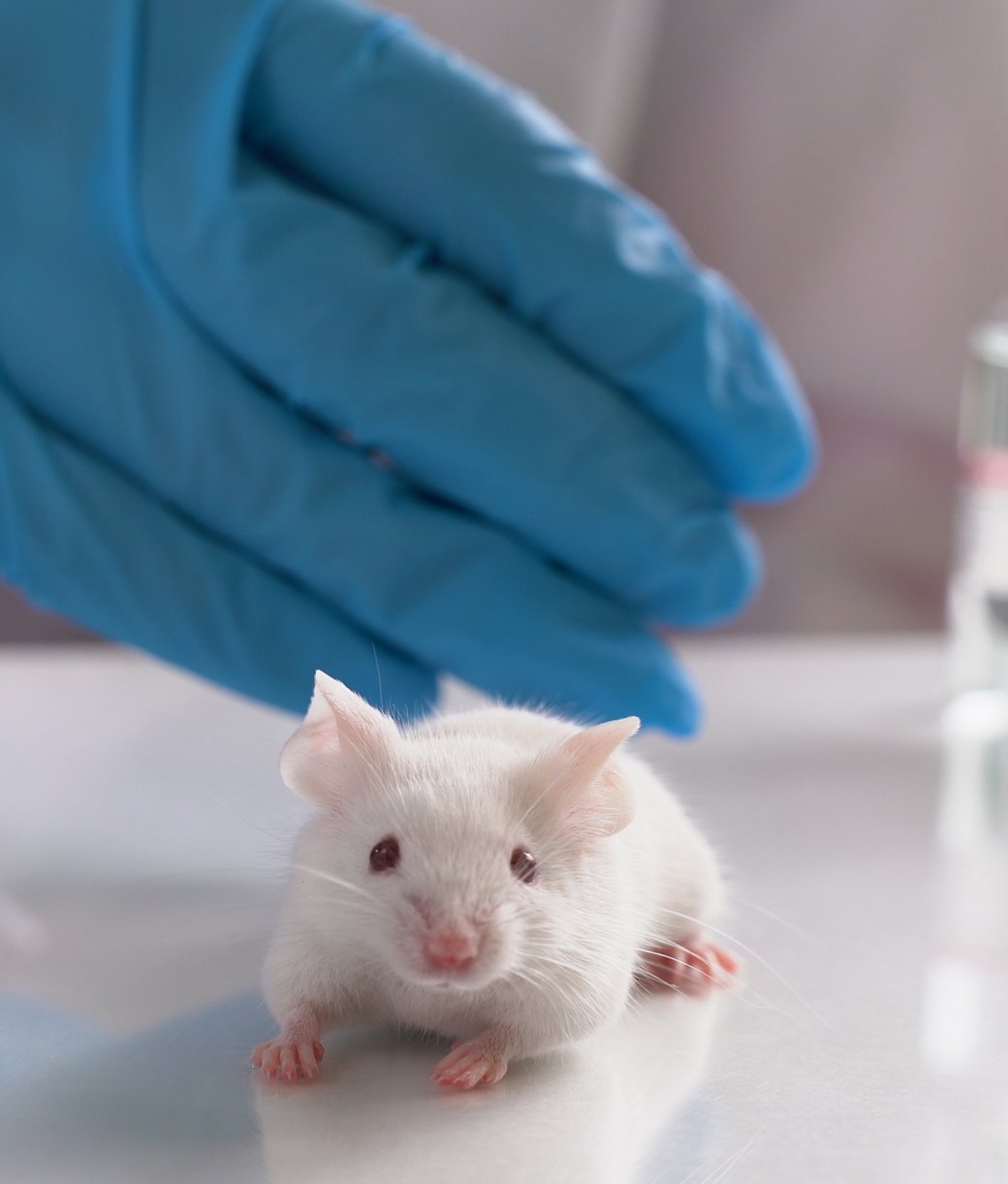

.jpg)

.jpg)




